Muhammad Azeem Akbar
Extended multi-stream temporal-attention module for skeleton-based human action recognition (HAR)
Nov 10, 2024
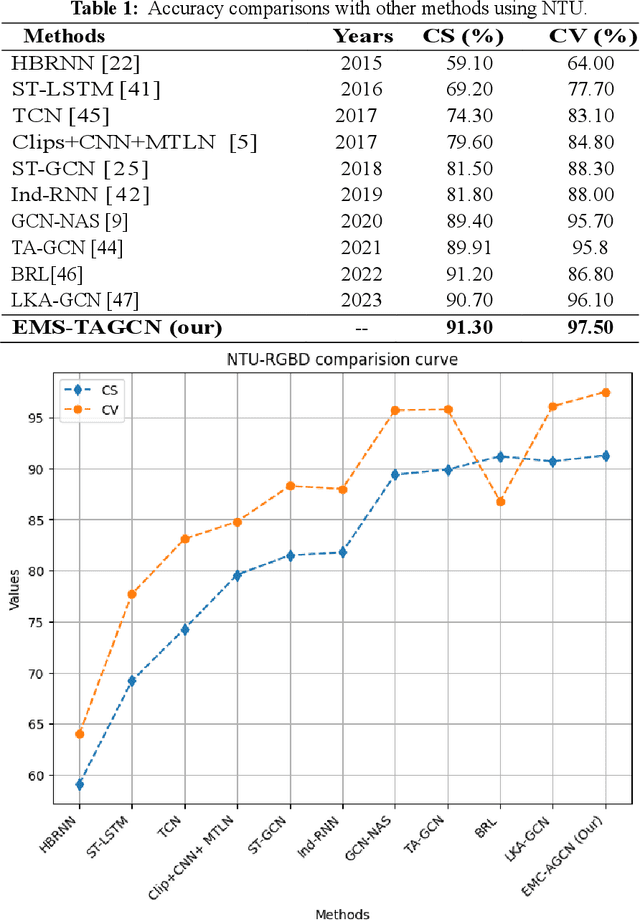
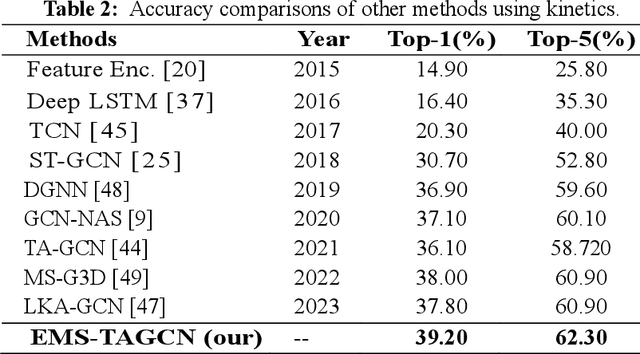
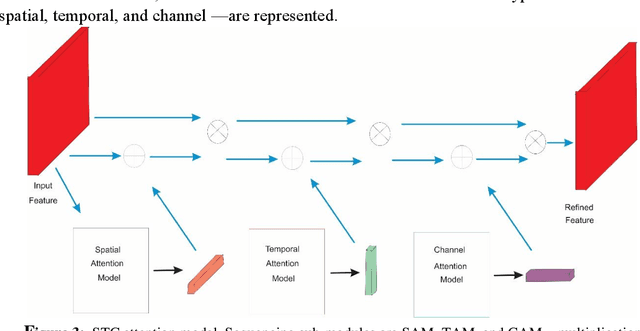
Abstract:Graph convolutional networks (GCNs) are an effective skeleton-based human action recognition (HAR) technique. GCNs enable the specification of CNNs to a non-Euclidean frame that is more flexible. The previous GCN-based models still have a lot of issues: (I) The graph structure is the same for all model layers and input data.
6GSoft: Software for Edge-to-Cloud Continuum
Jul 09, 2024Abstract:In the era of 6G, developing and managing software requires cutting-edge software engineering (SE) theories and practices tailored for such complexity across a vast number of connected edge devices. Our project aims to lead the development of sustainable methods and energy-efficient orchestration models specifically for edge environments, enhancing architectural support driven by AI for contemporary edge-to-cloud continuum computing. This initiative seeks to position Finland at the forefront of the 6G landscape, focusing on sophisticated edge orchestration and robust software architectures to optimize the performance and scalability of edge networks. Collaborating with leading Finnish universities and companies, the project emphasizes deep industry-academia collaboration and international expertise to address critical challenges in edge orchestration and software architecture, aiming to drive significant advancements in software productivity and market impact.
Ethics of AI: A Systematic Literature Review of Principles and Challenges
Sep 12, 2021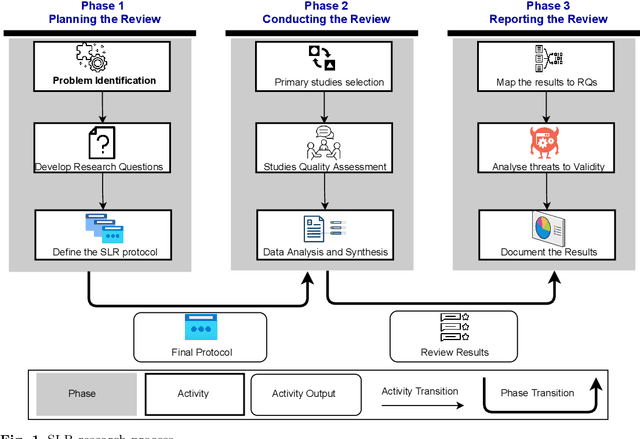
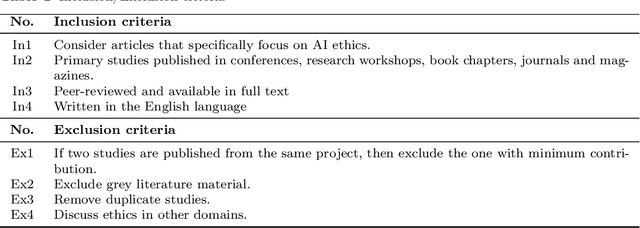
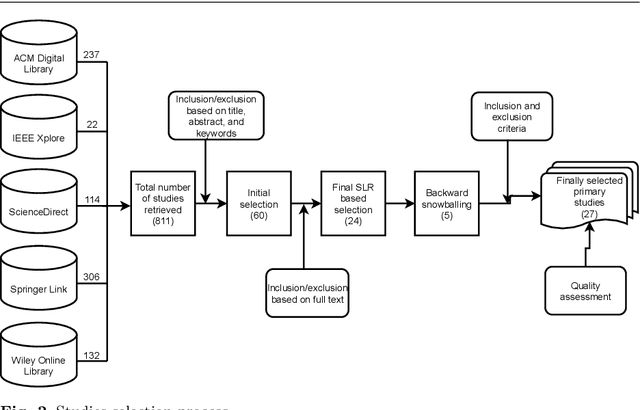

Abstract:Ethics in AI becomes a global topic of interest for both policymakers and academic researchers. In the last few years, various research organizations, lawyers, think tankers and regulatory bodies get involved in developing AI ethics guidelines and principles. However, there is still debate about the implications of these principles. We conducted a systematic literature review (SLR) study to investigate the agreement on the significance of AI principles and identify the challenging factors that could negatively impact the adoption of AI ethics principles. The results reveal that the global convergence set consists of 22 ethical principles and 15 challenges. Transparency, privacy, accountability and fairness are identified as the most common AI ethics principles. Similarly, lack of ethical knowledge and vague principles are reported as the significant challenges for considering ethics in AI. The findings of this study are the preliminary inputs for proposing a maturity model that assess the ethical capabilities of AI systems and provide best practices for further improvements.
 Add to Chrome
Add to Chrome Add to Firefox
Add to Firefox Add to Edge
Add to Edge